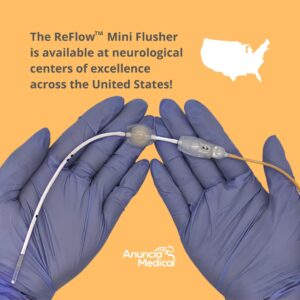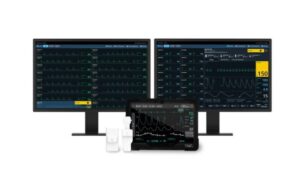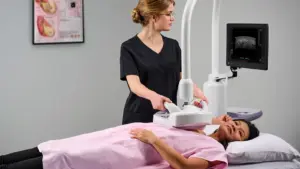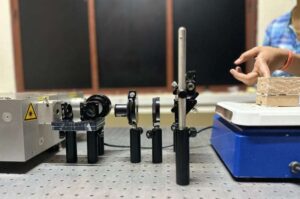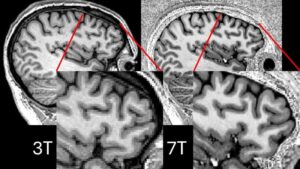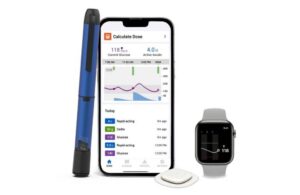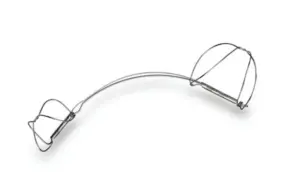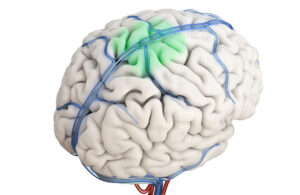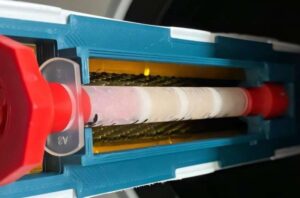
Silk sponges instead of animal testing: How a 3D cell culture system could advance cancer diagnostics
A consortium of Austrian research groups from the University of Vienna, MedUni Vienna and Technikum Wien, together with company partner DOC Medikus GmbH, has developed an innovative bioanalytical test system for radiopharmaceutical drug candidates for cancer diagnosis and therapy.

